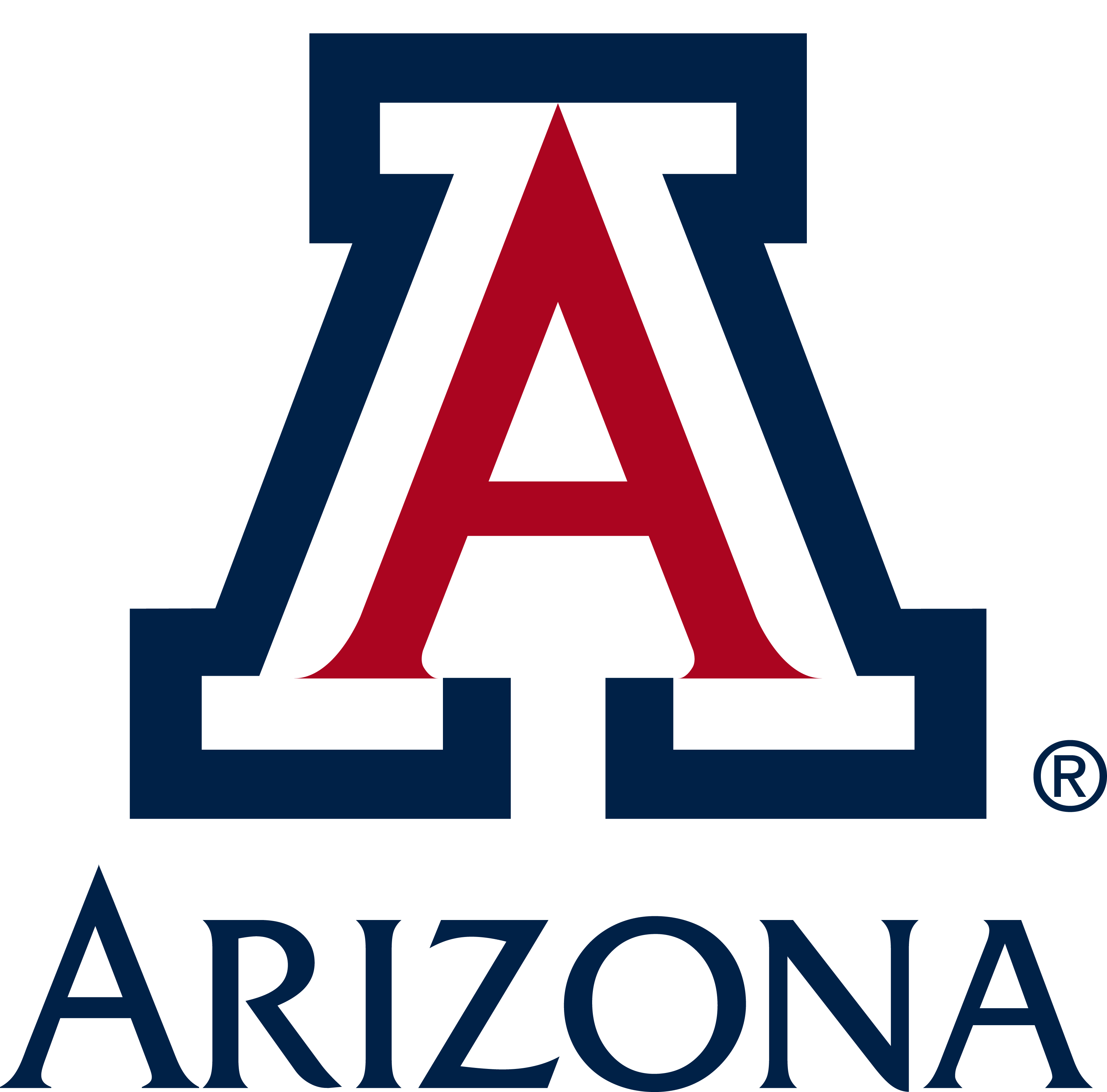

Tau Beta Pi is the National Engineering Honor Society. It was founded at Lehigh University in 1885 and honors all engineering disciplines. The Arizona Alpha Chapter was established at The University of Arizona on November 24, 1926.
Honor and integrity are fundamental in Tau Beta Pi. Fully worthy character is a basic membership requirement of the Assoication. The character and reputation of Tau Beta Pi members must be above challenge. The slightest suggestion of anything untoward in their actions or speech seriously reflects upon themselves, Tau Beta Pi, and their profession.
The honor and integrity of engineers comprise two elements:Many of the important national engineering societies have adopted their own codes. In addition, the Engineers' Council for Professional Development formulated a code of ethics for engineers which was consistent with the codes of the several societies. The Council's code was designed to support the special codes of the societies, and to guide engineers in branches of the profession where there are no special codes.
A book titled "Ethical Problems in Engineering" (John Wiley & Sons, New York, 1965) should be read by every engineer for its importance in the application of rules of conduct among engineers, between engineers and their employers or clients, and between engineers and the public.
Every member of Tau Beta Pi should be familiar with the A.B.E.T. code of ethics of engineers. Approved in its present form in 1977, the code is supported by a set of suggested guidelines for use with the fundamental canons.